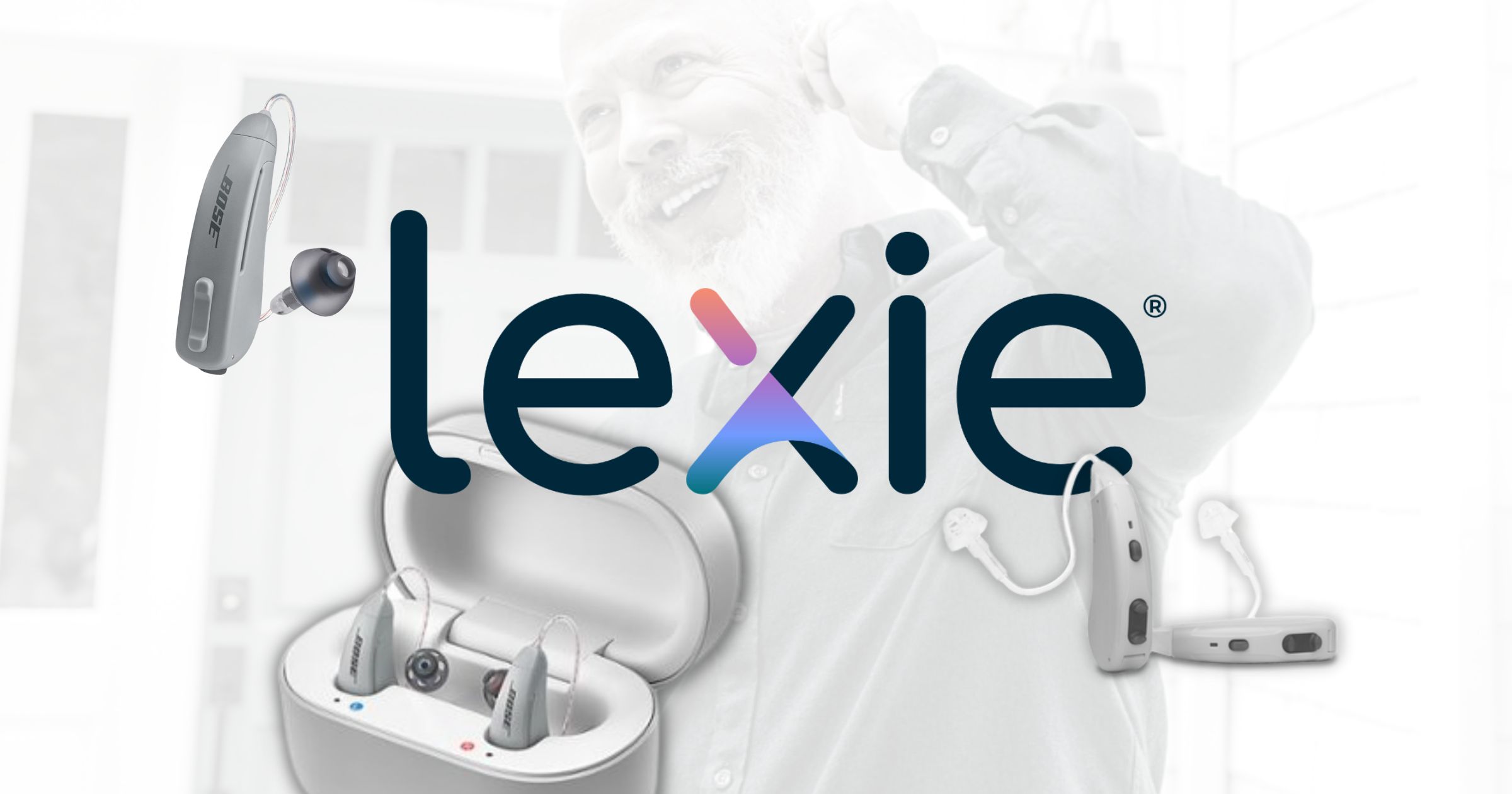In the age of online applications, accessing a wide array of products and services has become effortless, empowering consumers to take control of their health and medical treatment options. From beauty products to spectacles and even some medical devices, these online options have extended to include health screenings supported by research and endorsements from numerous organizations, all in the pursuit of improved health.
Similarly, this digital transformation has found its way into hearing care, with a surge in the development and availability of sound amplification devices categorized as OTC (over the counter), DTC (direct-to-consumer), or PSAPs (personal sound amplification products).
These devices have received FDA approval, enhancing regulation and accessibility within the hearing care industry.
- OTC Hearing Aids in US: Background
- What’s the Difference? OTC, DTC and Prescription Hearing Aids
- Lexie Hearing
- Lexie Hearing Care Offering
- Lexie Hearing Aid Models and Pricing
- Drawbacks to Choosing Lexie?

This dynamic and ever-expanding sector is addressing a significant gap in the market – catering to the millions of individuals with hearing loss who, due to the prohibitive costs often associated with traditional hearing aids, have historically refrained from seeking treatment (Medicare does not cover hearing aids, for example, but some supplements or advantage plans may have hearing benefits).
Background on OTC Hearing Aids in the US
Traditionally, hearing aids have been dispensed by licensed hearing care practitioners with formal training in hearing loss and related disorders. However, the expertise and services of these professionals can come at a steep price for those who lack health insurance coverage, rendering hearing aids financially out of reach for a significant portion of those in need.
The hearing aid industry, thus far, has remained largely insulated from price competition. This insulation is due to factors such as industry consolidation among manufacturers, state licensing laws mandating sales through audiologists or hearing professionals, and the acquisition of hearing professionals’ practices by hearing device manufacturers.
In response to decades of grievances over the perceived high cost of hearing aids, Congress issued an order to the Food and Drug Administration (FDA) in 2017. The directive was clear – establish rules that facilitate over-the-counter sales, with the aim of stimulating competition and driving down prices. Progress on these FDA rules was initially hampered by the COVID-19 pandemic, but it gained momentum after President Joe Biden’s intervention. Under these federal rules, a new category of hearing aids has emerged, bypassing state dispensing laws.
Hearing Aids: OTC, DTC and Prescription
Direct-to-consumer (DTC) hearing devices have actually been available for many years in the US, but have existed outside of traditional state hearing aid regulations due to a federal exemption. These devices, available online, through the mail and in some stores, do not adhere to the OTC hearing aid regulations.
Over the counter (OTC) devices share similarities with direct-to-consumer devices in that they empower consumers to independently assess their need for the device and select the device(s) that suit them best, but they must meet certain requirements set forth by the FDA in order to be approved for sale as an OTC device.
OTC hearing aids are approved for adults 18 years of age and older with perceived mild to moderate hearing loss and have been available for sale in the US since October 2022.
With OTC hearing aids, users can manage device setup, including physical fitting and sound adjustment, without the need for professional intervention. While not obligatory, consumers have the option to undergo a professional hearing examination before buying OTC hearing aids, which can provide valuable guidance from an audiologist on the suitability of OTC hearing aids for their unique needs.
On the other hand, prescription hearing aids, which require FDA approval, must be dispensed by a licensed audiologist or hearing aid dispenser. These devices offer comprehensive solutions for individuals dealing with various degrees of hearing loss and communication difficulties.
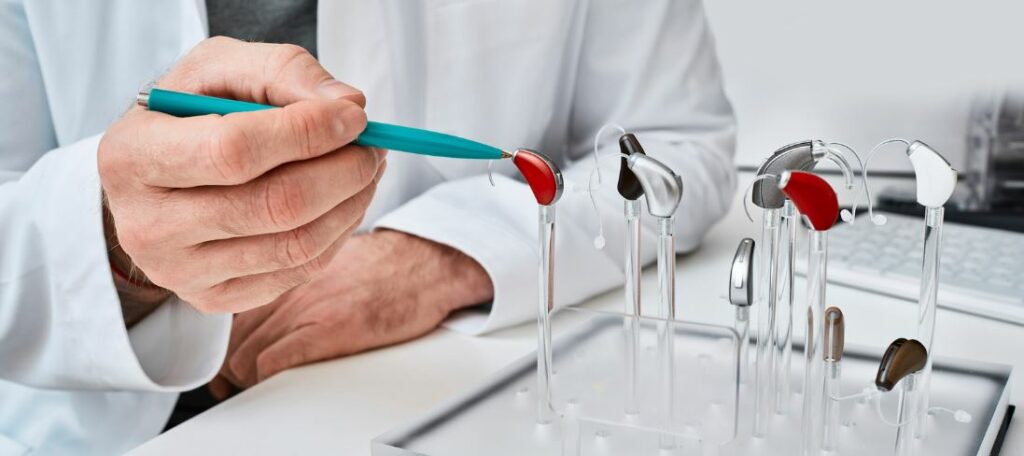
The pivotal distinction between OTC hearing aids and prescriptive hearing aids lies in the professional services accompanying the latter, including counseling and aural rehabilitation. These services allow for the customization of the hearing aid experience to cater to the individual’s specific type of hearing loss and communication challenges.
The consequences of untreated hearing loss can significantly impact an individual’s quality of life. If you suspect you’re experiencing difficulties in various communication scenarios, scheduling a hearing evaluation is paramount to understanding your current hearing status and receiving professional recommendations.
Lexie Hearing
Lexie Hearing is a name that has swiftly risen to prominence in the OTC space and is widely lauded as one of the leading OTC brands available today.
Lexie Hearing offers OTC hearing aids through its website, as well as in-store and online at major retailers, including Costco, Best Buy, Walgreens, CVS, and Walmart. Lexie hearing aids were among the pioneering OTC devices to enter the market in 2022 when they first gained legal status. The company’s innovative approach has garnered several accolades, including when the company was included in TIME100‘s “Most Influential Companies of 2023” list, applauding its leadership in the OTC hearing aid market.
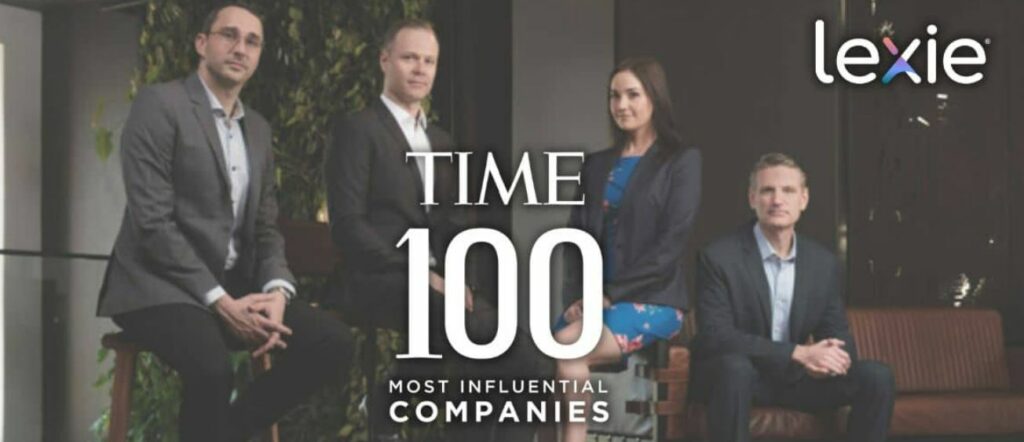
Lexie Hearing is a creation of hearX Group, a digital health company dedicated to enhancing access to affordable hearing solutions. Founded at the University of Pretoria in South Africa, hearX® commenced trading in 2016 with a vision of commercializing digital technologies to revolutionize hearing care. Initially focusing on clinical digital audiometers, hearX expanded its horizons to encompass lead generation tools for audiologists and retailers. Its latest offering presents an end-to-end hearing care solution that empowers industry stakeholders to compete in the direct-to-consumer and over-the-counter markets through the groundbreaking Lexie Hearing platform.

De Wet Swanepoel, PhD
The founder behind hearX Group and Lexie Hearing is De Wet Swanepoel, a world-renowned audiology professor and award-winning researcher from South Africa. Lexie Hearing emerged from Swanepoel’s vision of crafting high-quality hearing aid technology that aligns with the evolving landscape of hearing loss accessibility through an OTC service model.
Lexie’s journey to success was marked by several significant investments. HAVAÍC injected $1.3 million into the company, while Futuregrowth, backed by Old Mutual Investment Group in South Africa, contributed $3 million through its Futuregrowth Development Equity Fund (DEF). Sphere Holdings, a prominent investment holding company, added $1 million to close out the funding round in 2020.
Lexie Hearing Care
Leveraging smart technology, Lexie offers a comprehensive and affordable hearing aid solution. Prices through the company’s website begin as low as $42 per month for 24 months, with various down payment options available.
Consumers can conveniently purchase their hearing aids online, configure them from the comfort of their homes, and tap into ‘hearing’ experts for remote support through the company’s app.
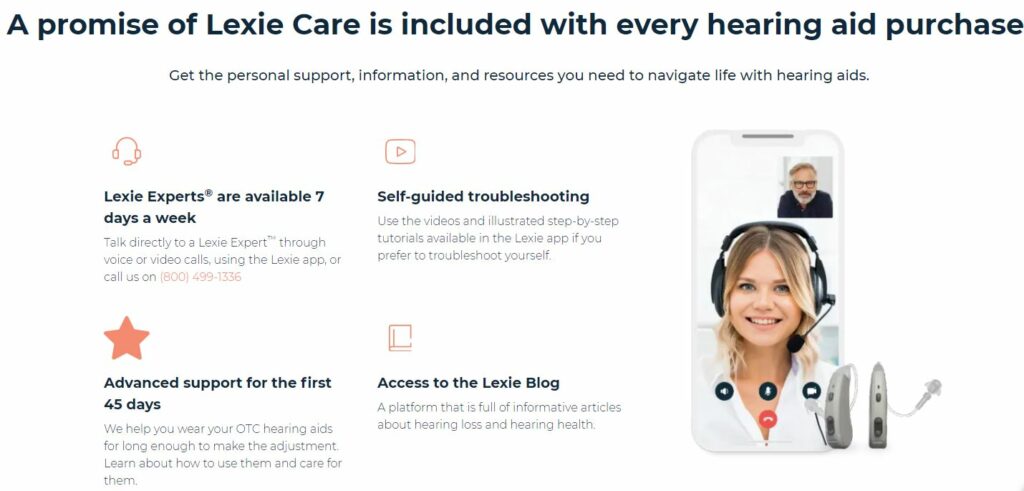
They offer remote support through a call center staffed by ‘hearing experts’ who provide users with remote assistance and fine-tuning of their hearing aids, ensuring a superior listening experience. Lexie also extends a free trial period to assist users in determining the suitability of the hearing aids for their needs.
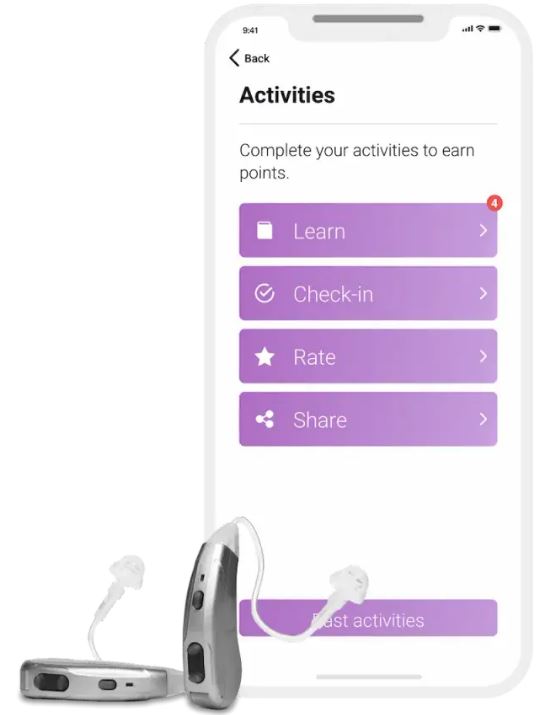 Within the app, Lexie has a unique rewards program. Lexie Rewards is an innovative approach to supporting individuals during their initial 45 days of using hearing aids Through this program, users can earn points by achieving their monthly goals, offering the opportunity to benefit from a discount of up to 5% on their monthly subscription.
Within the app, Lexie has a unique rewards program. Lexie Rewards is an innovative approach to supporting individuals during their initial 45 days of using hearing aids Through this program, users can earn points by achieving their monthly goals, offering the opportunity to benefit from a discount of up to 5% on their monthly subscription.
The rewards system is designed to encourage users to consistently wear their hearing aids, carry out their daily activities, and provide constructive feedback that aids in refining the services provided by Lexie. The focus is on delivering a seamless and beneficial experience for individuals as they embark on their journey with OTC hearing aids.
Lexie Hearing Aid Models and Pricing
Lexie hearing aids are available in three models: Lexie B2 Powered by Bose, Lexie B1 Powered by Bose, and Lexie Lumen.
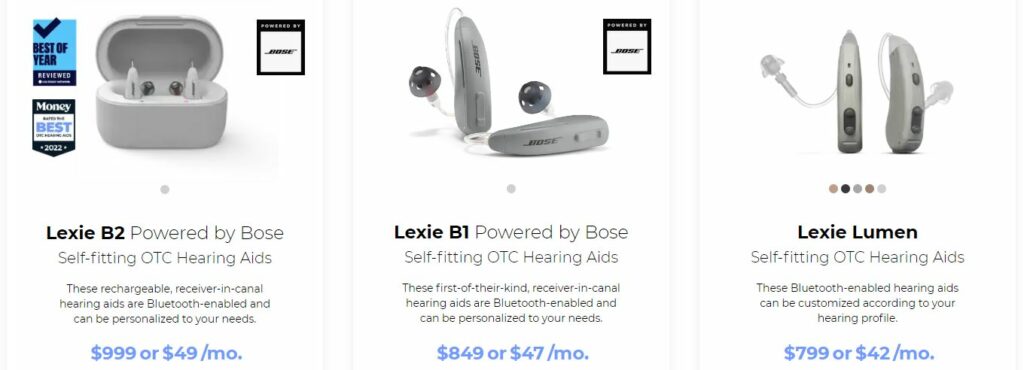
Lexie Lumen
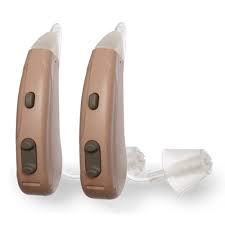 The Lexie Lumen is the only Lexie hearing aid available in the slim tube, behind-the-ear (BTE) style. Powered by replaceable, size 312 batteries, it is lightweight, discreet, and comes in color options including gray, bronze, metallic black, beige, and silver.
The Lexie Lumen is the only Lexie hearing aid available in the slim tube, behind-the-ear (BTE) style. Powered by replaceable, size 312 batteries, it is lightweight, discreet, and comes in color options including gray, bronze, metallic black, beige, and silver.
These hearing aids automatically adjust to the user’s hearing needs using the Lexie app, supporting volume adjustments, six hearing environment settings, and directional hearing. They also feature sweatproof technology, offering a longer device lifespan and retail at $799 for a pair, or $42 monthly for 24 months with a $149 down payment.
Lexie B1 Powered by Bose
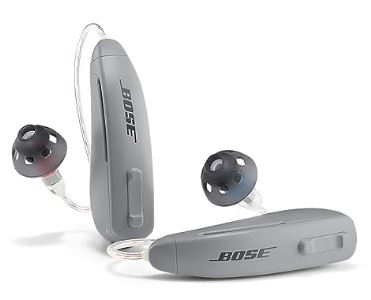 The Lexie B1 is a receiver-in-canal, self-fitting hearing aid. It offers adjustable volume, treble and bass settings, listening environment adjustments, and directional listening settings. This model is powered with replaceable 312 batteries and is available in gray. It sells at $849 for a pair, or $47 per month for 24 months with a $199 down payment.
The Lexie B1 is a receiver-in-canal, self-fitting hearing aid. It offers adjustable volume, treble and bass settings, listening environment adjustments, and directional listening settings. This model is powered with replaceable 312 batteries and is available in gray. It sells at $849 for a pair, or $47 per month for 24 months with a $199 down payment.
With the B1 devices, the app allows users to focus on specific directions for sound and save preferred settings for different situations, offering discreet, comfortable, and almost invisible hearing aid options. While these hearing aids are Bluetooth-enabled and connect to the company’s app, it’s important to note that they do not support music streaming or call-taking features.
Lexie B2 Powered by Bose
 The second-generation hearing aid model, Lexie B2 Hearing Aids Powered by Bose, follows the successful release of the first-generation Lexie B1 model. The Lexie B2 hearing aids offer users the same high-quality features while introducing the convenience of a fully rechargeable battery. With a 3-hour charge time, the Lexie B2 rechargeable battery provides up to 18 hours of all-day battery life. Additionally, these iOS-compatible hearing aids now enable iPhone users to take and make phone calls, enhancing their functionality.
The second-generation hearing aid model, Lexie B2 Hearing Aids Powered by Bose, follows the successful release of the first-generation Lexie B1 model. The Lexie B2 hearing aids offer users the same high-quality features while introducing the convenience of a fully rechargeable battery. With a 3-hour charge time, the Lexie B2 rechargeable battery provides up to 18 hours of all-day battery life. Additionally, these iOS-compatible hearing aids now enable iPhone users to take and make phone calls, enhancing their functionality.
By pairing with the Lexie app, the B2 hearing aids can be self-tuned, offering professional-quality customization. Users can fine-tune their listening experience through treble and bass settings, and the app allows directional adjustments to focus on specific sounds or listen all around, depending on the situation. Additionally, the hearing aids are lightweight and discreet, providing all-day comfort and almost invisible usage.
This model is available in gray and sells at $999 for a pair, or $49 per month for 24 months with a $249 down payment.
‘Powered by Bose’ – Partnership Explained
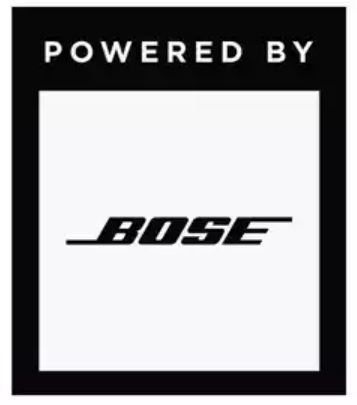 In 2021, a $3 million investment by consumer audio giant Bose in the hearX Group laid the foundation for future product collaborations between the two companies. Bose, renowned for its innovative self-fitting hearing aid technology, made an early entrance into the OTC hearing aid market. By May 2022, Bose decided to discontinue the sale of its hearing aids and, by July of that year, had forged a partnership with hearX to integrate its technology into Lexie Hearing’s Powered by Bose hearing aids.
In 2021, a $3 million investment by consumer audio giant Bose in the hearX Group laid the foundation for future product collaborations between the two companies. Bose, renowned for its innovative self-fitting hearing aid technology, made an early entrance into the OTC hearing aid market. By May 2022, Bose decided to discontinue the sale of its hearing aids and, by July of that year, had forged a partnership with hearX to integrate its technology into Lexie Hearing’s Powered by Bose hearing aids.
Drawbacks to Choosing Lexie Hearing Aids?
While Lexie Hearing offers numerous advantages as outlined throughout this article – including attractive pricing, clinically validated screening and testing, self-fitting capabilities, and remote support, there are some drawbacks to consider, which may or may not be applicable to your individual situation:
- Lexie Hearing devices only come in Behind the Ear (BTE) and Receiver In Canal (RIC) models, and they don’t currently offer any in-ear style devices
- While Lexie Hearing is competitively priced, some users may find it relatively pricey for the features it offers.
- Lexie offers basic self-fitting options, but it may not cover more advanced customization.
- The absence of in-person sales or services may pose challenges for users who prefer face-to-face interactions.
- User experiences with support can vary, as with many online services.
- Replacement in-the-canal (RIC) wires are not covered under warranty, incurring a $50 replacement cost.
- When reordering accessories such as domes or tubes for the Lumen model, users cannot select their size individually but must purchase a set containing all sizes, which can also cause confusion to the user.
- The Protection Plan offered may be vague and possibly not worth the investment.
- Lexie hearing aids do not support hands-free calling.
- The B2 model is the only device to allow for Bluetooth audio streaming, but this is limited to iOS (iPhone) users only and not compatible with Android device
Summary
Lexie Hearing has made significant strides in the OTC hearing aid market, earning recognition from consumers and industry experts alike. Its commitment to innovation, affordability, and social impact positions it as a key player in addressing the challenges associated with hearing loss.
As Lexie continues to lead the way in this evolving category, we anticipate even more groundbreaking innovations from them in the future.
References:
- HHTM. Bose Ventures leads $8.3 million funding round into hearX Group. Retrieved from https://hearinghealthmatters.org/hearing-news-watch/2021/hearx-group-funding-bose-ventures/ and https://hearinghealthmatters.org/thisweek/2022/bose-lexie-hearing-aid-partnership/
- Lexie Hearing. Bose enters into partnership with Lexie Hearing. Retrieved from https://hearinghealthmatters.org/hearing-news-watch/2022/bose-lexie-partner-b1-self-fit-hearing-aids/ and
- The Rockefeller Institute. (2023, June 16). Can over-the-counter hearing aids close the gap between need and access? Retrieved from https://rockinst.org/blog/can-over-the-counter-hearing-aids-close-the-gap-between-need-and-access/
About the Author
 Nausheen Dawood is an experienced Audiologist and Project Manager with a professional background including primary health care, corporate social investment, and business development. Proficient in the development of academic courses, training, and lecturing, with a focus on clinical student training and supervision. Adept in freelance copywriting, particularly in audiology and health-related topics. Holds a Masters degree in Audiology (Cum Laude), with a strong foundation in clinical research, project development, and strategic planning, complemented by technical training. Specializes in content development and training tailored to diverse audiences. Demonstrates a long-term commitment to research and development, including the implementation of randomized controlled trials, projects, and clinical examinations. Known for establishing robust networks and cultivating valuable stakeholder relationships.
Nausheen Dawood is an experienced Audiologist and Project Manager with a professional background including primary health care, corporate social investment, and business development. Proficient in the development of academic courses, training, and lecturing, with a focus on clinical student training and supervision. Adept in freelance copywriting, particularly in audiology and health-related topics. Holds a Masters degree in Audiology (Cum Laude), with a strong foundation in clinical research, project development, and strategic planning, complemented by technical training. Specializes in content development and training tailored to diverse audiences. Demonstrates a long-term commitment to research and development, including the implementation of randomized controlled trials, projects, and clinical examinations. Known for establishing robust networks and cultivating valuable stakeholder relationships.



